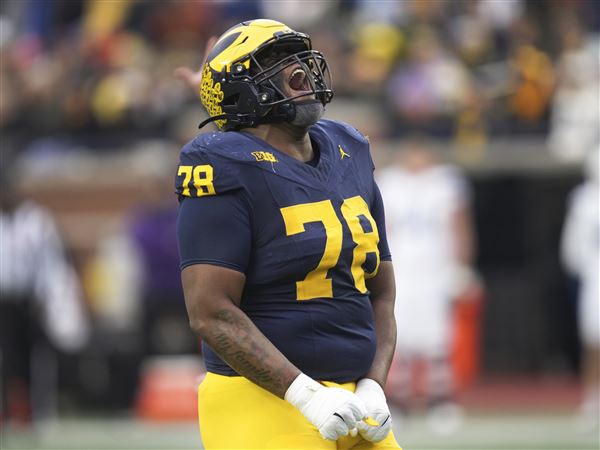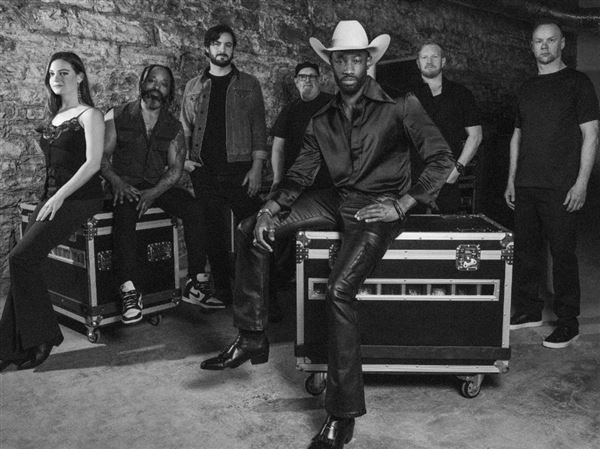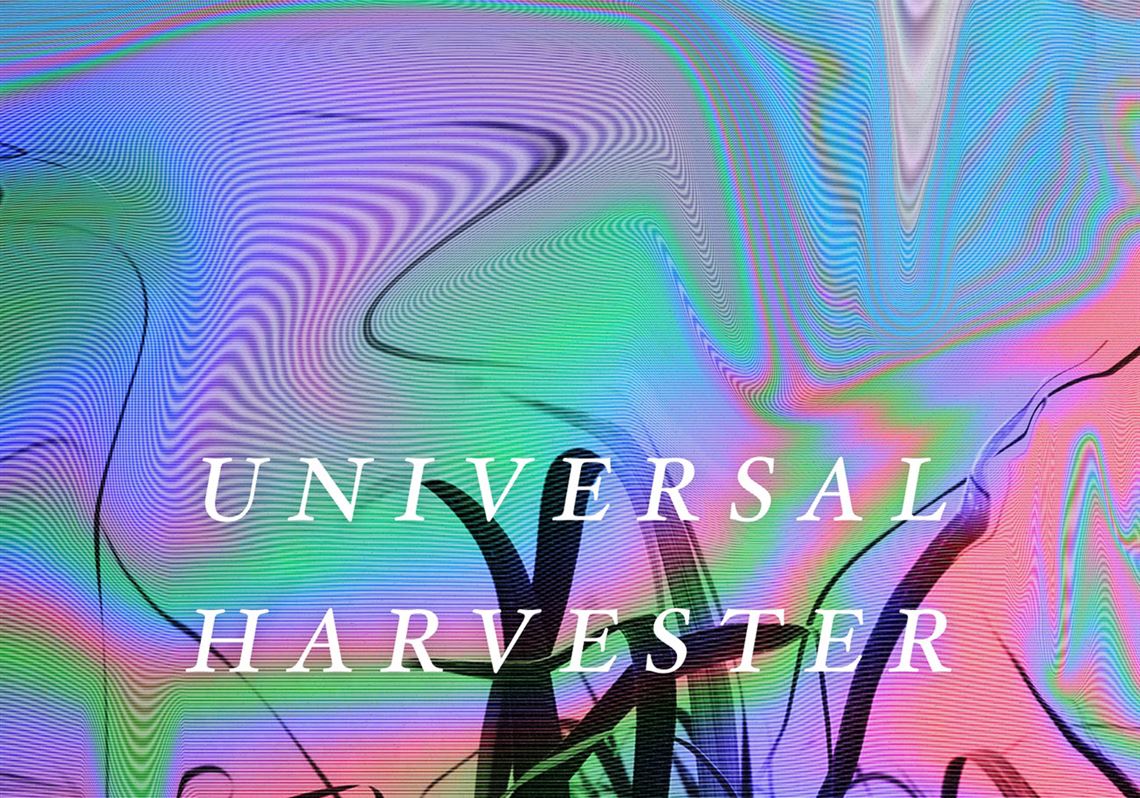John Darnielle exploded onto the literary scene in 2014, with his debut novel “Wolf in White Van.” Known for years as the frontman and lyricist for long-standing folk-rock group The Mountain Goats, Mr. Darnielle’s literary talents didn't exactly come out of nowhere. But the stark brilliance of the novel still felt like a new voice had broken onto the scene, staking new territory for the literary novel.
Farrar, Straus and Giroux ($25).
Mr. Darnielle’s follow-up “Universal Harvester” reads similarly to his first book in many ways, marrying gothic mystery to a more modern literary style, employing a non-linear narrative with frequent switchbacks and detours. However, where “Wolf in White Van” shines, Mr. Darnielle’s second book feels like a failed genre experiment.
“Universal Harvester” follows Jeremy, a young man living in a small Iowa town with his father, both bereaved from the recent loss of Jeremy's mother. He works at the local video store, a nod both to a bygone technological era and to this small-town community's conspicuous lack of higher culture. Jeremy’s aimlessness goes even beyond that of most 20-somethings. His stasis seems existential, the product of deeply coded, tacitly accepted Midwestern values.
One day a customer at the video store complains to Jeremy about a problem with a tape she checked out. It has a section missing, with a new scene edited in. In the middle of the film someone had spliced a shaky video clip of the interior of a tool shed. Jeremy does his best to ignore this irregularity, but in the following days, more of these clips begin to surface, some of them unsettling in nature — a clip of a woman bound by the hands with a hood over her face, another of a homeless person picking through garbage, unaware of being watched. Big-budget studio films like “Proof of Life” and “She’s All That” have been re-edited to include scenes from a Harmony Korine fever dream.
Jeremy has no interest in putting himself on the line to find out the truth about these rogue edits, but one tenacious customer urges him to investigate. Soon he finds himself being dragged out of his comfort zone into an unlikely mystery that spans generations of broken lives.
Mr. Darnielle transposes the mysteries of his unfolding narrative against the blank space of the Midwestern landscape. The dullness of Iowa farm country becomes a metonym for the unknown, and what the reader doesn’t know dominates the tone of this story. The people inhabiting these spaces are plain and straight-forward, which adds intrigue to the very non-straightforwardness of the narrative. Long stretches of the book seem to be “about” nothing at all, with characters described more in terms of the lives they’ve avoided or left behind than the spaces they inhabit. The author fills these blank spaces, like the scenes edited out of the VHS tapes, with potential for weird happenings.
But Mr. Darnielle’s vision is never fully realized. The spaces go mostly unfilled, and the suspense is always more potential than actual. It all feels a little hollow. Mr. Darnielle relies too much on the innovations of its genre-mixing without seeming to really understand what those genres require. Much of the book’s forward momentum hinges on figuring out the puzzle of who is making these tapes, and why. But the author lingers over the characters and settings so ponderously, that by the time we understand what’s happening, this puzzle no longer seems to matter.
“Universal Harvester” is well-written, though structurally unsound. It’s impossible to deny John Darnielle’s talent, but his execution is lacking here. Hopefully he will someday look back on this book, after a long career as a novelist, as a brief sophomore slump.
Nathan Pensky is a writer and Ph.D. student living in rural Pennsylvania.
First Published: March 12, 2017, 5:00 a.m.















